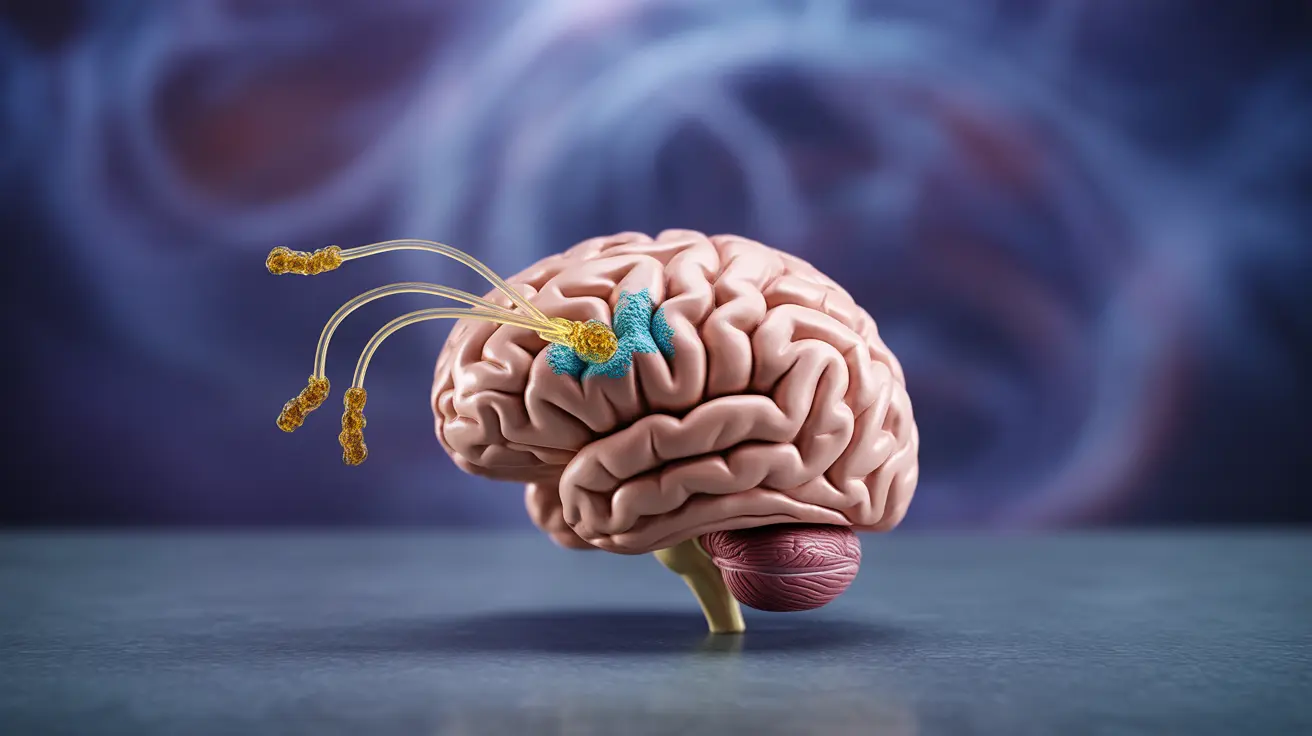For millions of people who rely on their daily coffee or energy drinks, understanding how the body develops tolerance to caffeine is crucial. While that first cup of coffee might have once given you an impressive energy boost, you may notice its effects becoming less pronounced over time. This phenomenon, known as caffeine tolerance, is a natural response of your body to regular caffeine consumption.
In this comprehensive guide, we'll explore how caffeine tolerance develops, its impact on your daily life, and what you can do about it. Understanding these mechanisms can help you make more informed decisions about your caffeine consumption habits.
How Caffeine Tolerance Develops
Caffeine tolerance occurs when your body adapts to regular caffeine consumption, requiring larger amounts to achieve the same stimulating effects. This adaptation happens at both cellular and neurological levels, primarily affecting your adenosine receptors, which are responsible for regulating sleepiness and alertness.
When you consistently consume caffeine, your brain creates more adenosine receptors to compensate for the ones being blocked by caffeine. This adaptation means you'll need more caffeine to achieve the same level of stimulation you once experienced with smaller amounts.
Timeline of Tolerance Development
The development of caffeine tolerance can occur surprisingly quickly. Regular caffeine consumers may notice decreased sensitivity within 2-9 days of consistent use. This timeline can vary based on several factors, including:
- Individual metabolism rates
- Daily caffeine intake levels
- Consistency of consumption
- Overall health status
- Genetic factors
Impact on Performance and Well-being
As tolerance builds, caffeine's effects on both physical and mental performance may diminish. This reduction can affect various aspects of your daily functioning:
- Decreased mental alertness
- Reduced physical performance enhancement
- Diminished focus and concentration benefits
- Less effective appetite suppression
- Weakened metabolic boost
Resetting Caffeine Tolerance
The good news is that caffeine tolerance is reversible. A strategic approach to resetting your caffeine sensitivity can help restore its effectiveness. This process typically involves:
Gradual Reduction Method
This approach involves slowly decreasing your caffeine intake over several weeks to minimize withdrawal symptoms while allowing your body to reset its sensitivity.
Cold Turkey Approach
Complete caffeine cessation for 1-2 weeks can effectively reset tolerance, though this method may cause more intense withdrawal symptoms.
Individual Factors Affecting Caffeine Sensitivity
Several personal factors can influence how quickly you develop tolerance and how sensitive you are to caffeine:
- Age-related metabolism changes
- Genetic variations in caffeine processing
- Underlying health conditions
- Medications and supplements
- Body weight and composition
Frequently Asked Questions
How long does it take to build a tolerance to caffeine with regular use?
Caffeine tolerance typically develops within 2-9 days of regular consumption, though this can vary among individuals based on usage patterns and personal factors.
What causes caffeine tolerance and how does the body adapt to caffeine over time?
Caffeine tolerance occurs when your brain creates additional adenosine receptors to compensate for those blocked by caffeine, requiring more caffeine to achieve the same stimulating effects.
Can caffeine tolerance reduce the benefits of caffeine on physical and mental performance?
Yes, as tolerance develops, caffeine's positive effects on alertness, focus, physical performance, and metabolism may become less pronounced, requiring higher doses to achieve the same benefits.
Is it possible to reverse or reset caffeine tolerance, and how long does it take?
Yes, caffeine tolerance can be reset by either gradually reducing intake or completely abstaining for 1-2 weeks, allowing your body's sensitivity to return to baseline levels.
How do factors like age, genetics, and health conditions affect sensitivity to caffeine and the development of tolerance?
Individual factors such as age, genetic variations in caffeine metabolism, underlying health conditions, and medications can significantly impact both initial caffeine sensitivity and the rate of tolerance development.
The key to maintaining caffeine's effectiveness lies in understanding your body's response and managing your consumption patterns thoughtfully. Whether you choose to reset your tolerance or simply monitor your intake more carefully, being aware of these mechanisms can help you optimize your caffeine use for maximum benefit.




